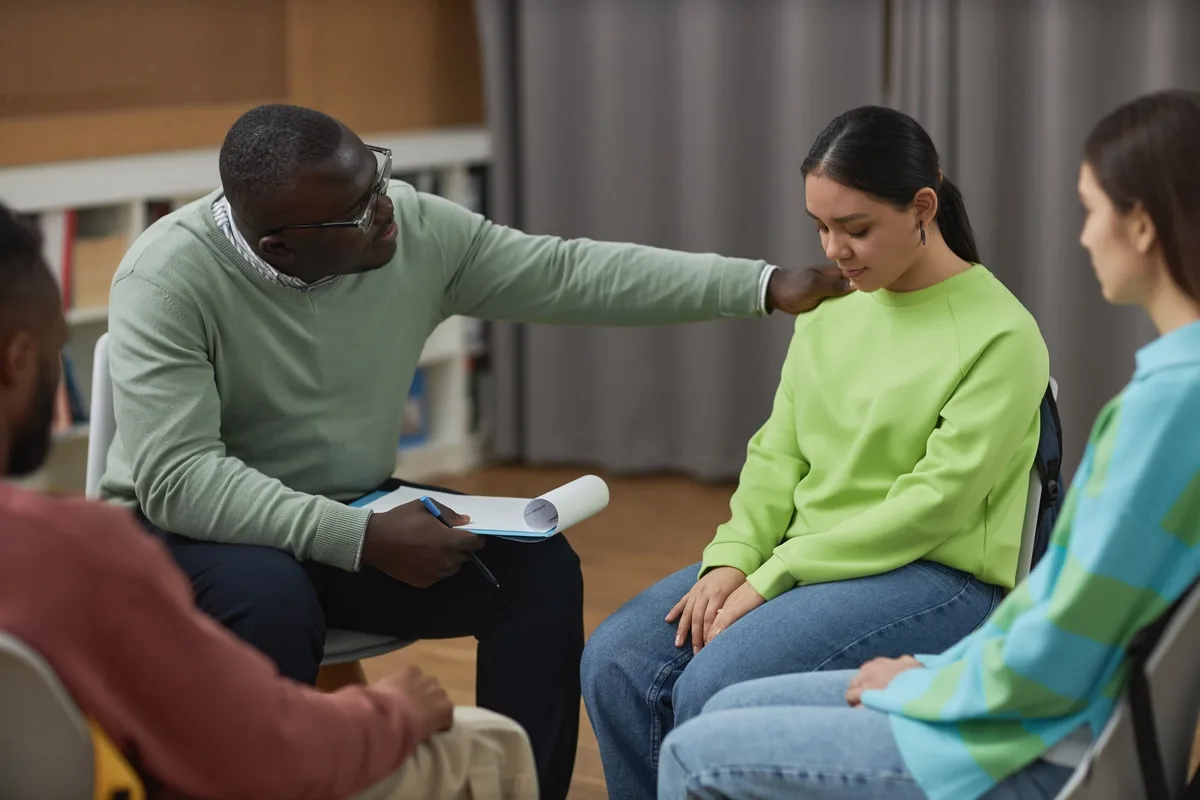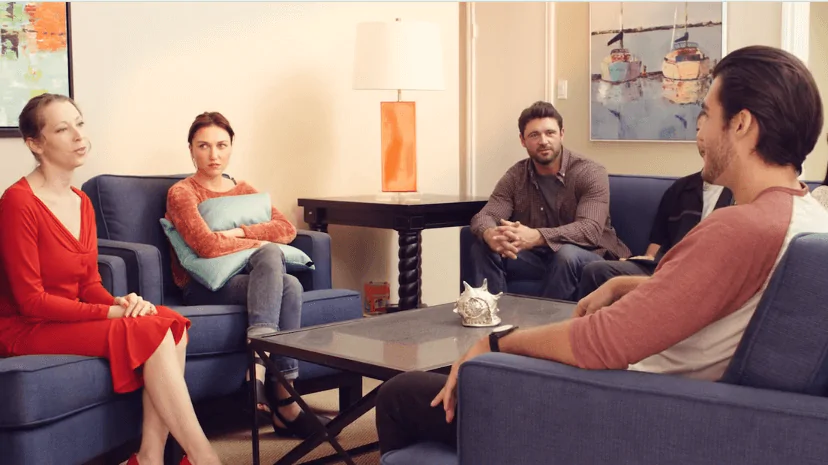24/7 Helpline:
(866) 899-111424/7 Helpline:
(866) 899-1114
Learn more about OCD Treatment centers in Alachua
OCD Treatment in Other Cities

Other Insurance Options

Kaiser Permanente

Coventry Health Care

BlueCross

Absolute Total Care

Sliding scale payment assistance

EmblemHealth

Ambetter

MVP Healthcare

Health Choice

Anthem

Lucent
Beacon

Sutter

Medical Mutual of Ohio

Optima

United Health Care

UnitedHealth Group

Cigna

Choice Care Network

CareSource

Better Beginnings
Better Beginnings is a private rehab located in Alachua, Florida. Better Beginnings specializes in t...














